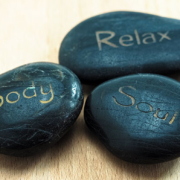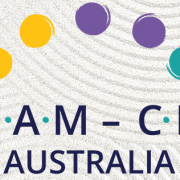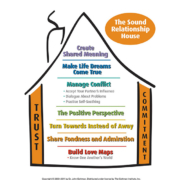Managing the COVID-19 Impact
Managing the COVID-19 Impact
It is not easy adjusting to the massive changes of the COVID-19 pandemic. There have been so many special events cancelled. Weddings, graduations and even funerals are restricted. Contact with friends and colleagues have moved to online or via Zoom. Simple pleasures like catching up for coffee seem a distant memory. You know you are doing the right thing and even saving lives by staying home but it is a pain.
All of us are dealing with some form of loss at the moment. You might not be directly bereaved with the death of a loved one but there are still reactions of feeling numb, despairing, irritable, teary and even hopeless. Yes, you can do a video link-up or chat with the family for Mother’s Day but it is not the same. You won’t get that physical connection, the same shared meal or the hugs. Each of those things which we used to take for granted and can no longer do, brings its own grief.
Maybe you see images from overseas and then feel guilty about our lives being so fortunate compared to others. That makes you feel even more depressed. Maybe your thoughts take you down a path of being very critical, thinking, “My issues are minor compared to friends living overseas and I must be terribly selfish complaining at all!”
Feelings of sadness and worry are totally normal at this time. It would be strange not to be missing aspects of our easygoing former lives. While I am saddened by the stories I hear about cancelled events, I am also confident in offering effective and supportive grief counselling to help clients work through these issues. We look forward to getting through this together and embracing a healthy future.
Based on my clinical experience and Cognitive Behavioral Therapy (CBT) training, now is the time to practice compassion towards yourself and others. Be kind to yourself! Acknowledge you are doing the best you can and sometimes stuff up. It is no big deal! That is part of being human.
During COVID-19 is not the time to burden yourself with a huge list of Should Statements e.g.: I should be calm, my partner should always be there for me, I should always have a tidy house, I shouldn’t get so angry.
Try saying to yourself, it would be nice if I was calm. It would be lovely if my partner could always be here for me but we need to be realistic. Maintaining a tidy house can be nice but a falling a little behind with the chores is not such a big deal. After all, look at the other demands on our time. A little bit of anger can let me have the energy to speak up and make some changes. While it would be preferable to direct my anger appropriately it is just another emotion which we all experience.
Replacing the Shoulds with more balanced, compassionate non-blaming thoughts can make a huge difference in how you feel. That is the essence of the cognitive or thinking part of CBT. It works!
There is also a behavioural aspect of CBT. It helps to do things and get moving. Focus on doing little things which used to help you have moments of contentment. This could be as simple as going for a walk, exercising, working in the garden, doing some on-line yoga, chatting with friends, snuggling with your partner, experimenting with a new recipe, cleaning out the cupboard, sorting old photos, doing puzzles…. Try to incorporate whatever gives you a sense of pleasure into each day.
In summary, be kind to yourself and do some pleasurable activity each day. The CBT skills are recommended to help manage the impact of COVID-19 and the grief you may be feeling.
If you would like more information, contact me via email or on 0423 617 735.
We can organise a free 15-minute telehealth appointment to see how I could help you.
Best wishes
Robyn Blake-Mortimer








